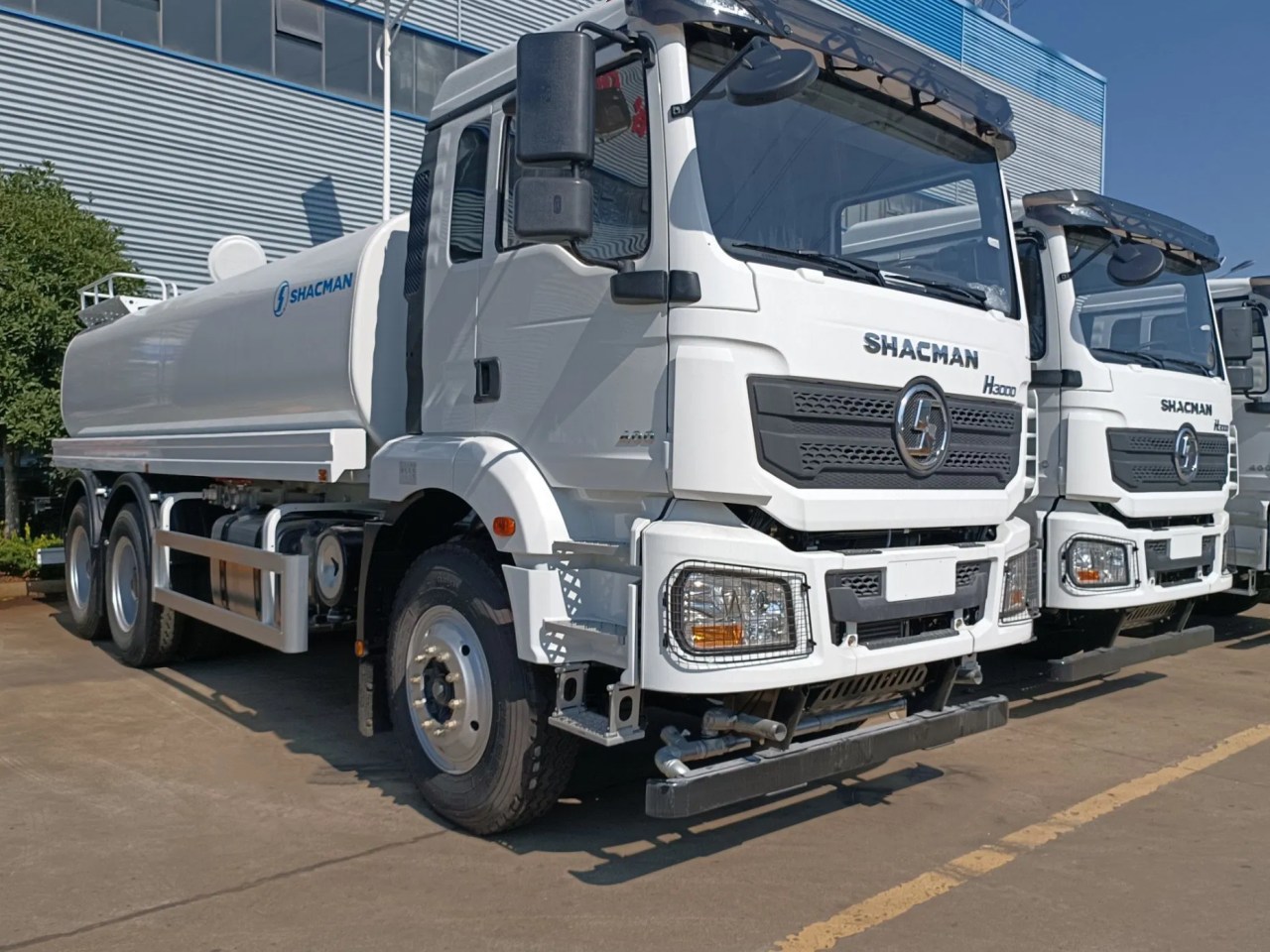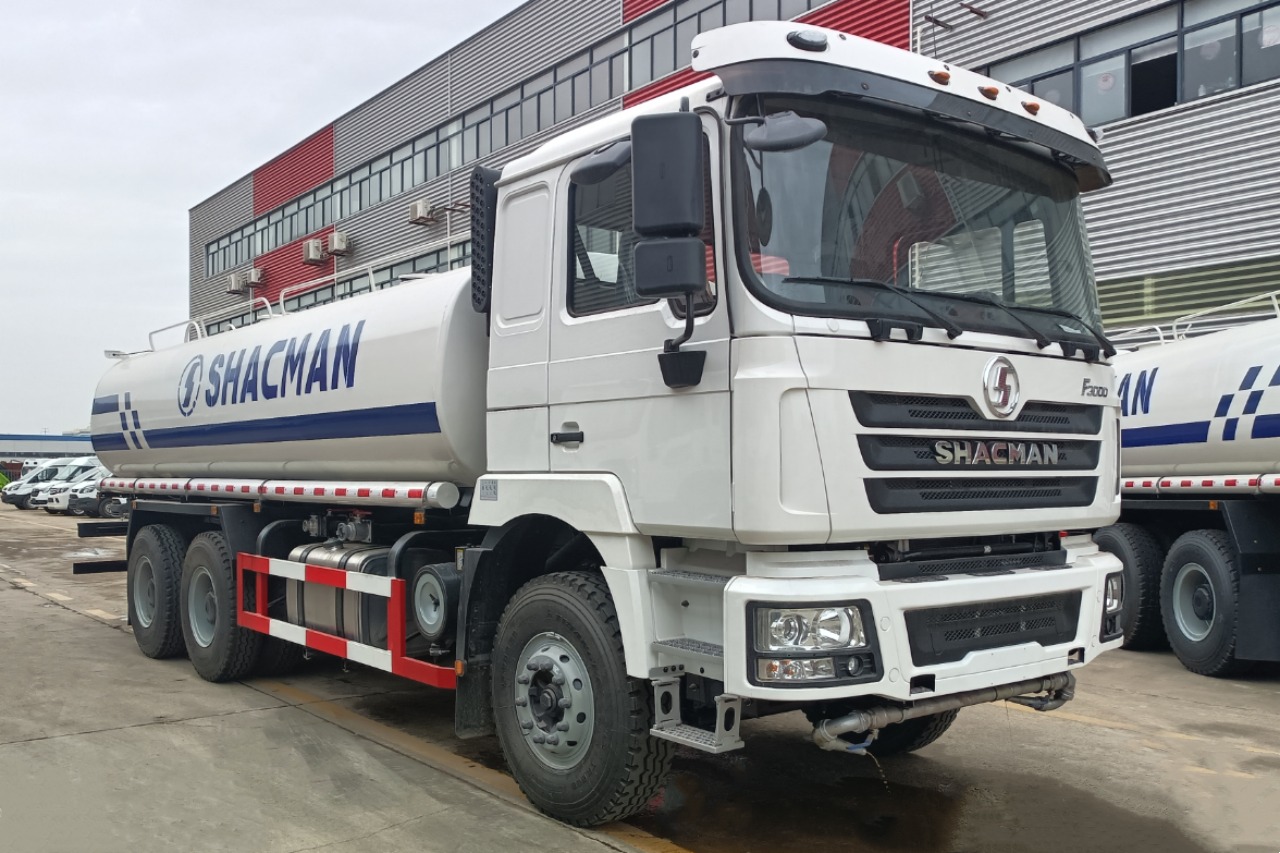Access to clean and safe drinking water is a fundamental human necessity. In an ideal world, every household would have a reliable and uninterrupted supply of potable water through a centralized system. However, the reality is that millions of people around the globe depend on alternative means to access water. One of the most common solutions in areas with unreliable or nonexistent water infrastructure is water tanker delivery. This system involves large vehicles transporting water to homes, businesses, construction sites, and even public institutions. But why exactly do people get their water from a water tanker? The reasons are multifaceted, ranging from infrastructure deficits to emergency relief, and from seasonal variations to specific commercial needs.
1. Lack of Piped Water Infrastructure
In many developing countries, particularly in rural or peri-urban areas, piped water systems either do not exist or are extremely unreliable. Governments may not have the resources or logistical capacity to expand municipal water lines to every corner of the country. As a result, communities living in such areas often have to rely on water tankers as a stopgap or permanent solution.
Even in some rapidly growing urban centers, population growth has outpaced infrastructure development. The result is that new residential colonies, informal settlements, or industrial zones may not yet be connected to the municipal water network. In these cases, water tankers are used to bridge the gap between demand and supply.
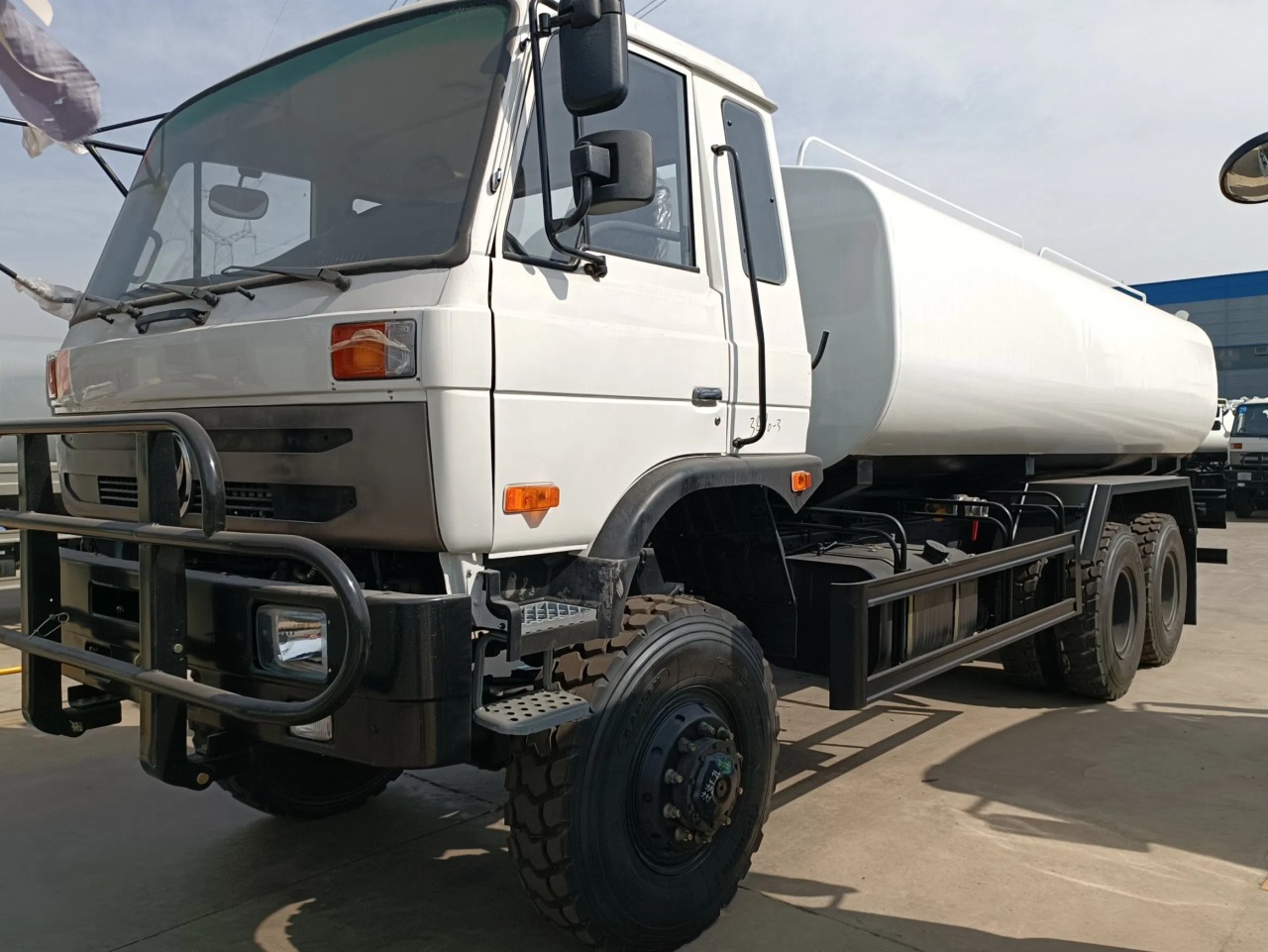
2. Water Scarcity and Drought Conditions
Water scarcity, whether seasonal or prolonged, is another major reason people depend on water tankers. In regions that experience dry seasons, such as parts of India, the Middle East, and sub-Saharan Africa, natural water sources like wells, rivers, or reservoirs can dry up or diminish to the point where they are no longer sufficient for the population’s needs. Water tankers provide a crucial supply line during these dry periods.
In areas affected by long-term droughts or climate change-related water stress, tankers are not just a temporary fix but a regular feature of life. The frequency of tanker deliveries often increases during peak summer months when traditional sources cannot keep up with consumption demands.
3. Emergency Situations and Natural Disasters
Natural disasters such as earthquakes, floods, or hurricanes can severely damage water infrastructure. When pipelines break or treatment plants are shut down due to these disasters, communities are left without access to clean water. In such emergencies, water tankers are among the first responders, bringing much-needed water to affected populations.
Humanitarian organizations and government agencies often deploy fleets of water tankers to disaster-stricken areas as part of their emergency relief operations. These tankers help to prevent the outbreak of waterborne diseases and ensure that basic hygiene and drinking needs are met during critical times.
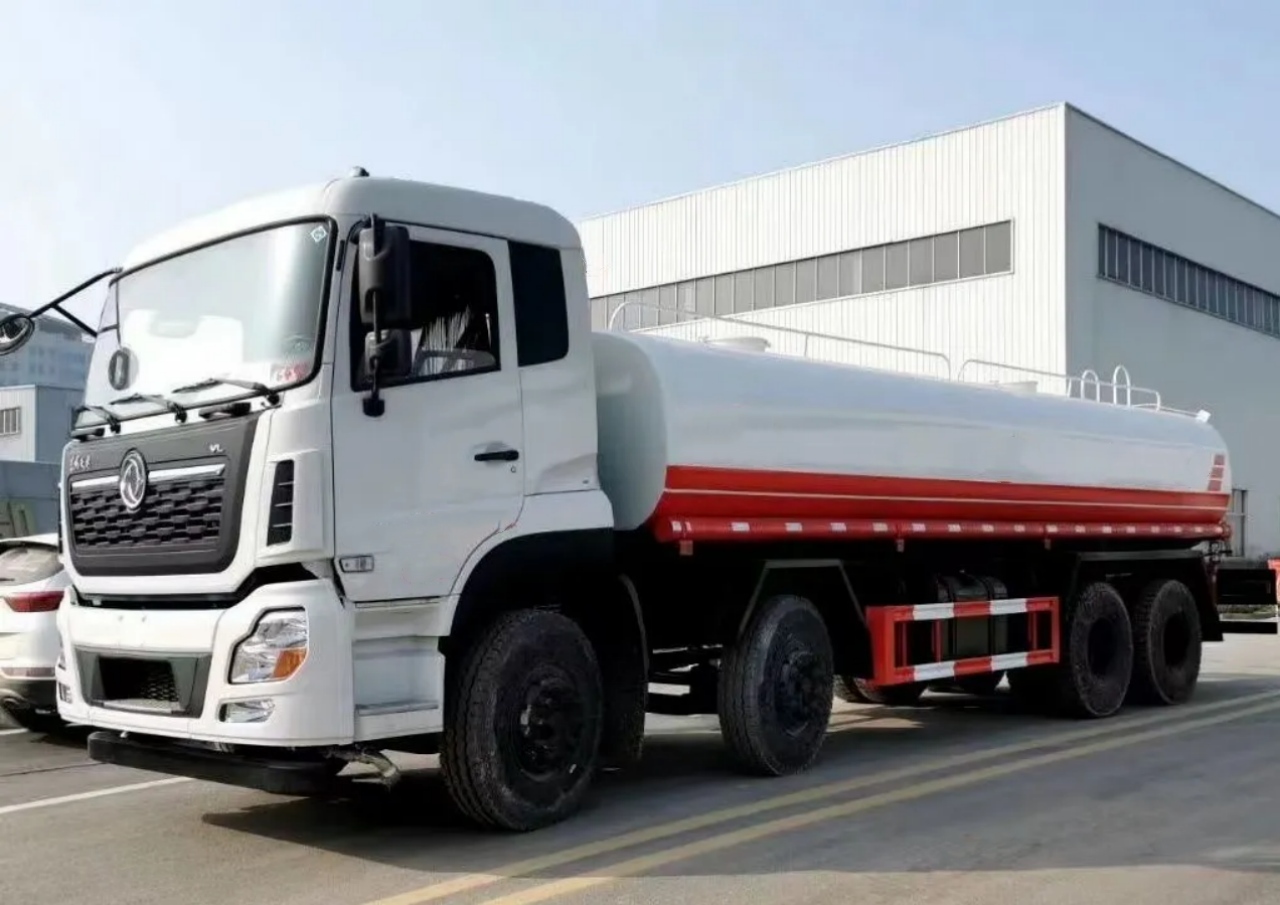
4. Industrial and Commercial Demand
Apart from residential use, many businesses and industries require large quantities of water for their operations. Construction sites, for example, use water for concrete mixing, dust suppression, and sanitation. Since these sites may not be connected to a permanent water source, water tankers are hired to supply the required quantities.
Similarly, industries such as mining, agriculture, beverage production, and textile manufacturing often depend on water tanker services to meet their operational needs. Even hotels and resorts in water-scarce regions might rely on tankers to maintain their services during peak tourist seasons.
5. Unreliable Municipal Supply
In some areas, even where piped water infrastructure exists, the supply may be inconsistent. There may be issues like low water pressure, limited hours of supply, or frequent outages due to maintenance or power shortages. In such cases, households and businesses arrange for water tanker deliveries as a backup to ensure they do not run out of water during critical periods.
In cities such as Bangalore, Nairobi, or Cape Town, many middle- and upper-class households maintain underground or overhead water storage tanks that are filled periodically by water tankers when the municipal supply falls short.
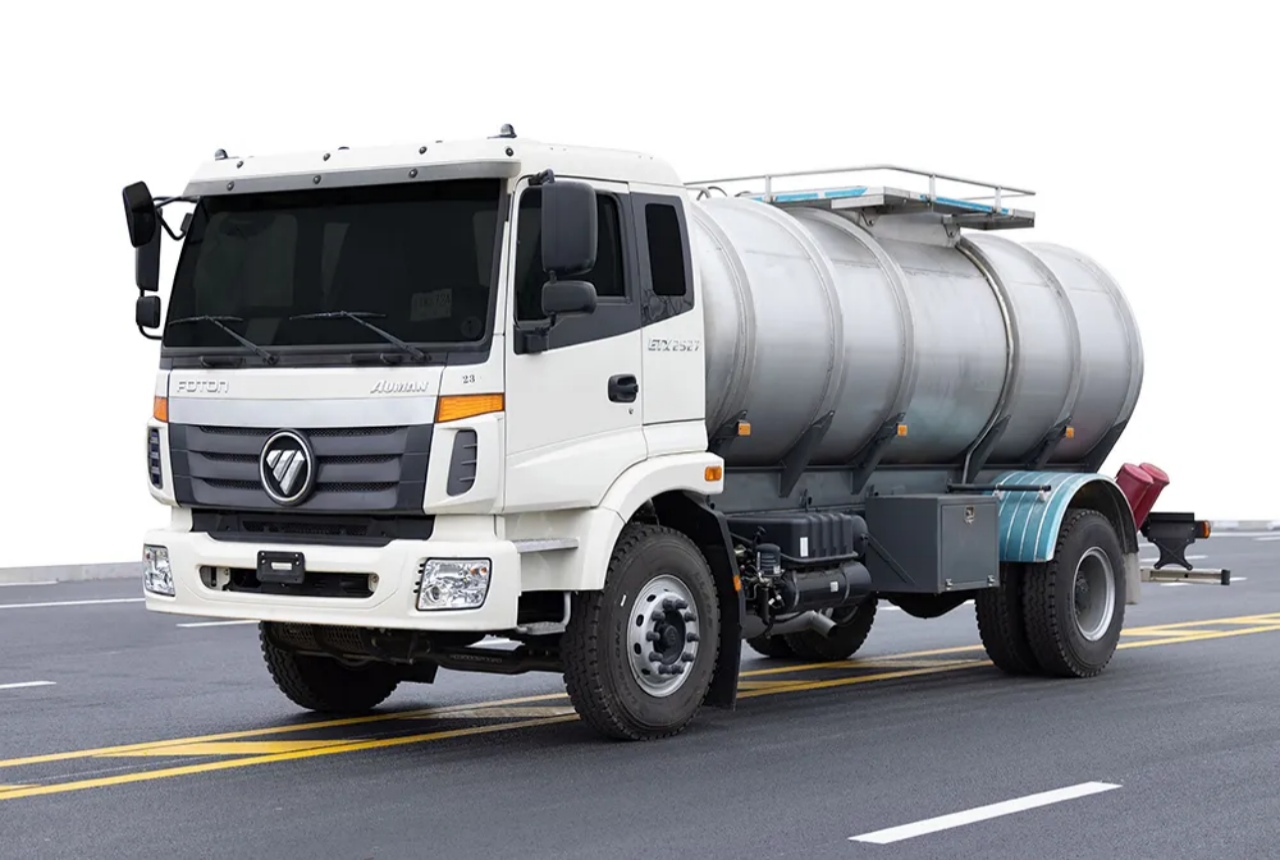
6. Flexibility and Convenience
Water tanker services offer flexibility in terms of scheduling and volume. Customers can choose how much water they want delivered and when, based on their consumption patterns. This level of customization is particularly useful for seasonal businesses, agricultural operations, or special events like weddings or festivals that require temporary increases in water supply.
Moreover, with the rise of digital platforms and mobile apps, ordering water from a tanker has become more streamlined. People can now schedule deliveries and make payments online, improving the overall convenience and reliability of the service.
7. Cost-Effectiveness in Some Scenarios
Although tanker water is typically more expensive per liter compared to a piped supply, in some scenarios it becomes a cost-effective solution. For example, setting up a full-fledged borewell or water treatment facility can be prohibitively expensive for small communities or businesses. In such cases, using water tankers on an as-needed basis can be more economical.
In shared apartment complexes, the cost of water delivery is often divided among residents, reducing the individual burden. For short-term needs, such as during renovations or while moving to a new house, relying on water tankers can be a practical choice.
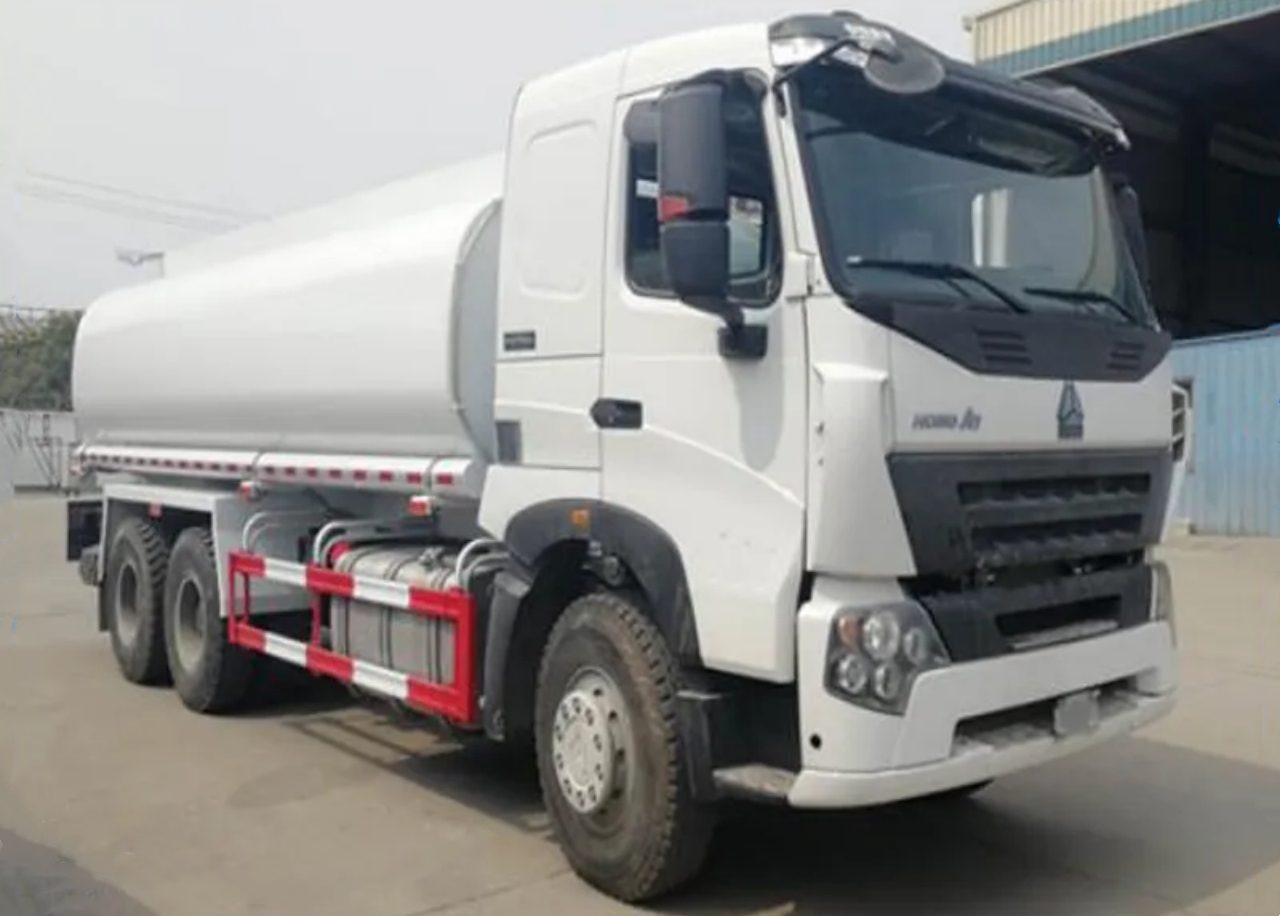
8. Poor Water Quality from Local Sources
Sometimes, the available natural or municipal water may be of poor quality—saline, contaminated, or not safe for drinking. Residents in such areas opt for water tankers that deliver treated or purified water. This is especially common in coastal regions where groundwater tends to be saline, or in urban areas where pollution has affected local water bodies.
Many water tanker companies advertise and deliver “RO water” or “mineral water,” positioning their service as a higher-quality alternative to what is otherwise available.
9. Temporary Settlements and Events
Temporary settlements—such as refugee camps, labor colonies, or nomadic encampments—rarely have access to permanent water infrastructure. Water tankers become the primary means of water distribution in these cases.
Similarly, large-scale events such as fairs, music festivals, or political rallies that attract large crowds require temporary water arrangements. Tankers are used to fill tanks and portable restrooms to meet the needs of participants and vendors.
Conclusion
Water tankers play an indispensable role in ensuring water accessibility for millions of people worldwide. Whether addressing chronic shortages, responding to emergencies, or supporting commercial activity, these mobile units fill a vital gap in water distribution systems. While they may not be the most sustainable long-term solution, water tankers are a practical, flexible, and often life-saving response to real-world challenges.
As urbanization continues and climate patterns become more erratic, the demand for water tanker services is likely to persist, if not increase. Policymakers must balance investment in permanent infrastructure with the continued need for such mobile solutions to ensure water security for all.
